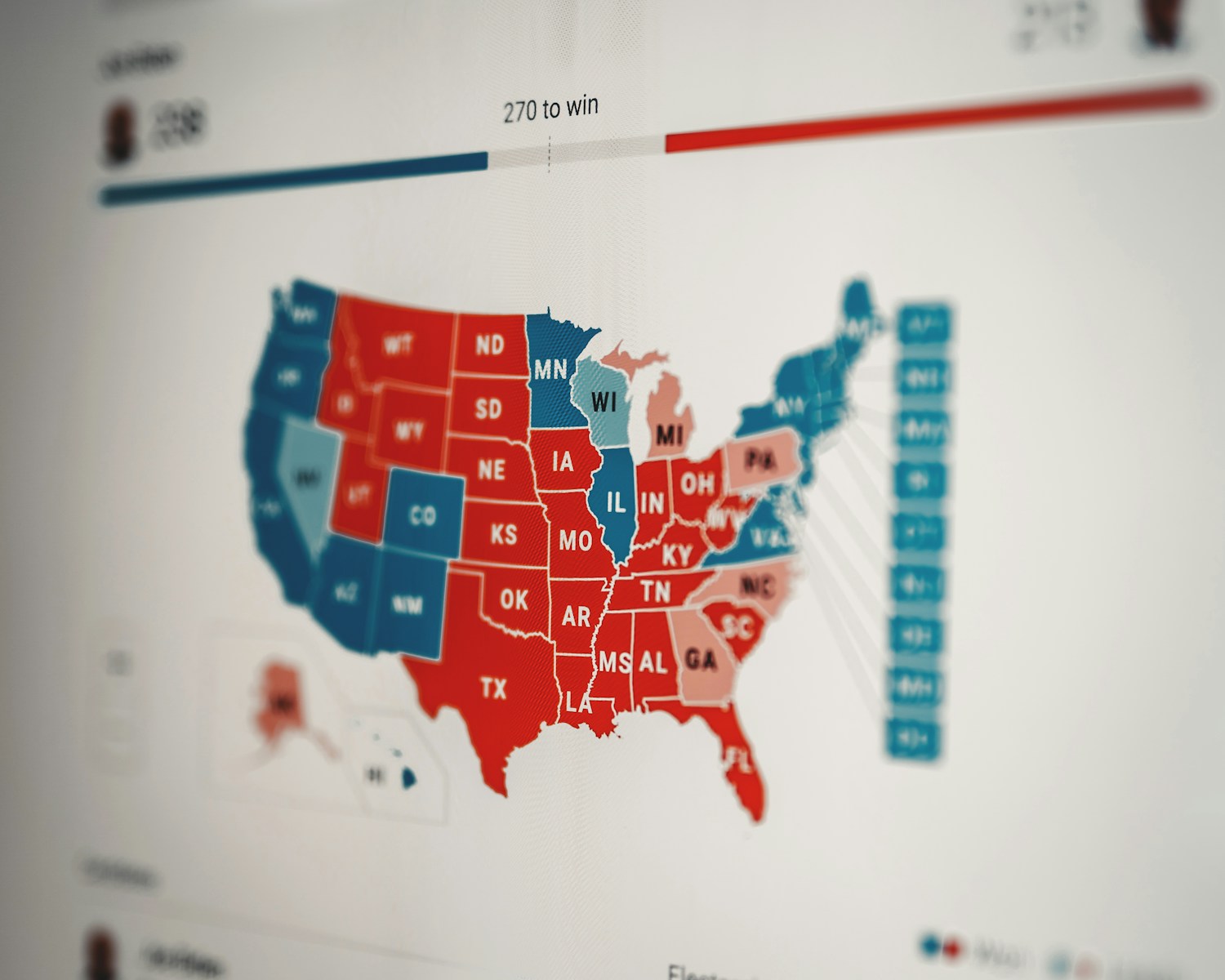Key Takeaways:
- Democratic Sen. Cory Booker and Republican Sen. Ted Cruz had a tense exchange during a Senate Judiciary Committee hearing.
- The argument centered on protests outside Supreme Court justices’ homes and whether the Biden administration took action.
- Booker accused Cruz of using partisan rhetoric, while Cruz highlighted the lack of arrests under a specific law.
Heated Exchange in the Senate Judiciary Committee
The Senate Judiciary Committee hearing on Tuesday turned fiery when Democratic Sen. Cory Booker of New Jersey and Republican Sen. Ted Cruz of Texas clashed over protests outside Supreme Court justices’ homes. The debate highlighted deep partisan tensions and differing views on how the Biden administration handled the situation.
What Happened at the Hearing?
The argument began when Cruz asked repeatedly whether the Biden administration’s Justice Department had arrested any protesters who demonstrated outside the homes of Supreme Court justices. These protests occurred under President Joe Biden’s administration and targeted justices like Brett Kavanaugh, Amy Coney Barrett, and others.
Booker, defending his party, argued that Democrats had not been silent on the issue. He pointed out that lawmakers from both parties worked together to pass legislation providing round-the-clock security for judges just days after the protests began.
“Again, we joined together in a bipartisan way, not only to condemn that, but to pass legislation to extend round-the-clock security protection,” Booker said.
Cruz, however, kept pressing Booker on whether any protesters were arrested under a federal law that prohibits picketing outside judges’ homes to influence their decisions. “Did the Justice Department arrest a single person?” Cruz asked multiple times.
Booker grew frustrated with the repeated interruptions. “I am sick and tired of hearing the kind of heated partisan rhetoric,” he said, his voice rising. “The attacks we see from the President of the United States trolling and dragging judges through is what we should be talking about that puts people in danger.”
Cruz Highlights the Irony
Cruz responded to Booker’s outburst by pointing out the irony of the situation. “I do enjoy the fact that my colleague from New Jersey raises his voice and says it’s a patent lie while defending against heated partisan rhetoric,” Cruz said with a smile.
Booker denied lying, insisting that Democrats had taken action to protect the justices. “You said we were silent after people’s houses were protested. That is a patent lie, sir. We were not silent. We took action,” Booker said.
Security vs. Free Speech
The debate highlighted a broader issue: balancing the safety of public officials with the right to protest. While lawmakers from both parties agreed that judges’ safety is a top priority, they disagreed on how the Biden administration handled the protests.
One notable incident involved a man who was arrested for plotting to assassinate Justice Brett Kavanaugh. However, as of 2023, no demonstrators were prosecuted under the federal law targeting such protests, according to reports.
Reactions to the Clash
The heated exchange quickly went viral, with many highlighting the tension between the two senators. Some criticized Booker for losing his temper, while others praised him for standing up to what he called partisan attacks.
Cruz, on the other hand, used the moment to accuse Democrats of hypocrisy. “You can’t complain about heated rhetoric while engaging in it,” he said.
The Bigger Picture
The clash between Booker and Cruz reflects larger divisions in Washington. Many Democrats argue that Republicans are using the protests to smear the Biden administration, while Republicans claim Democrats are not taking the safety of judges seriously enough.
As the debate over judges’ security continues, one thing is clear: the safety of public officials remains a critical issue in American politics.
This fiery exchange is a reminder of how deeply partisan tensions run in Congress and how quickly debates can escalate into personal attacks. While lawmakers may disagree on how to address these issues, the safety of judges and the right to peaceful protest remain topics of national importance.
